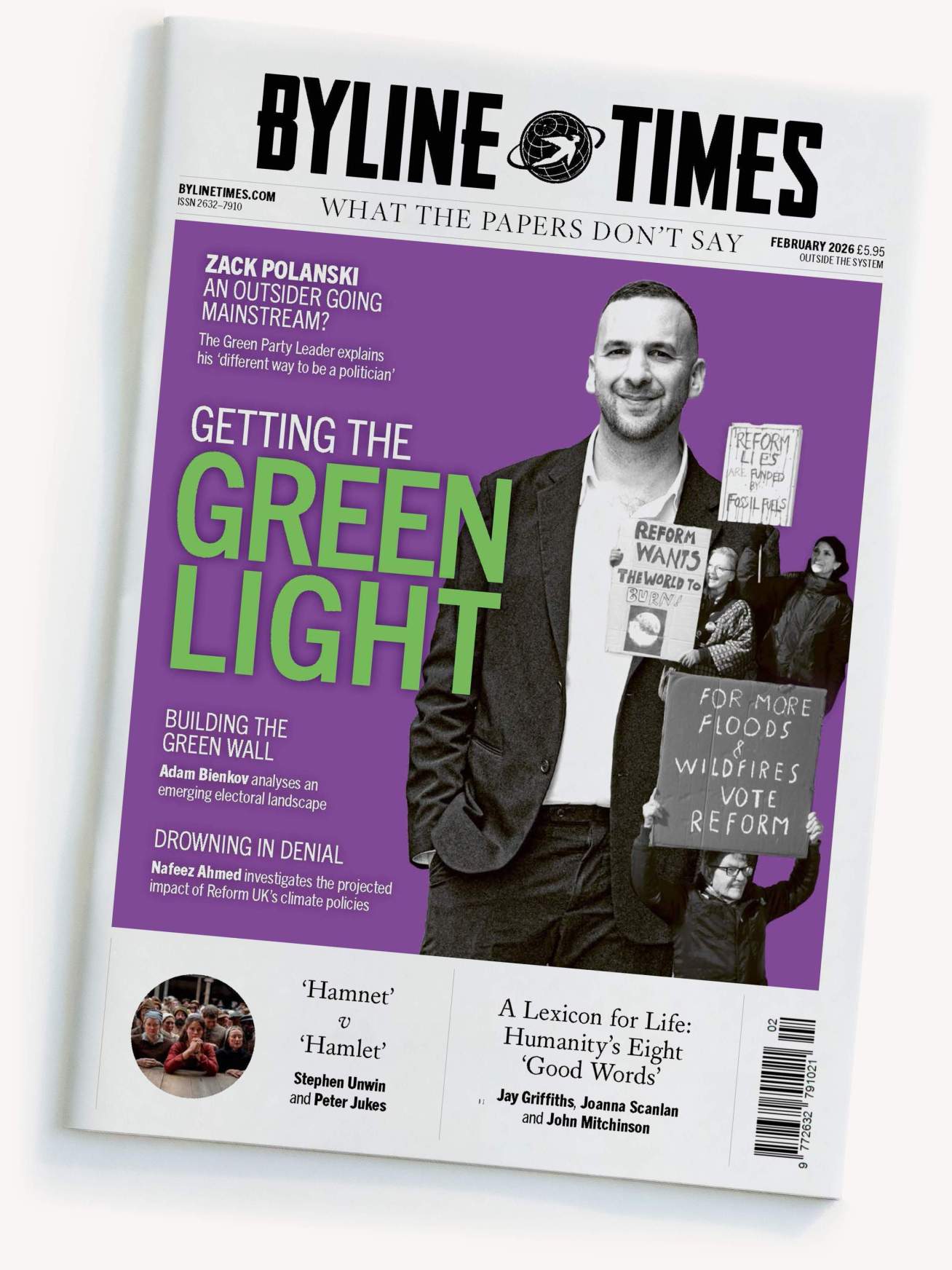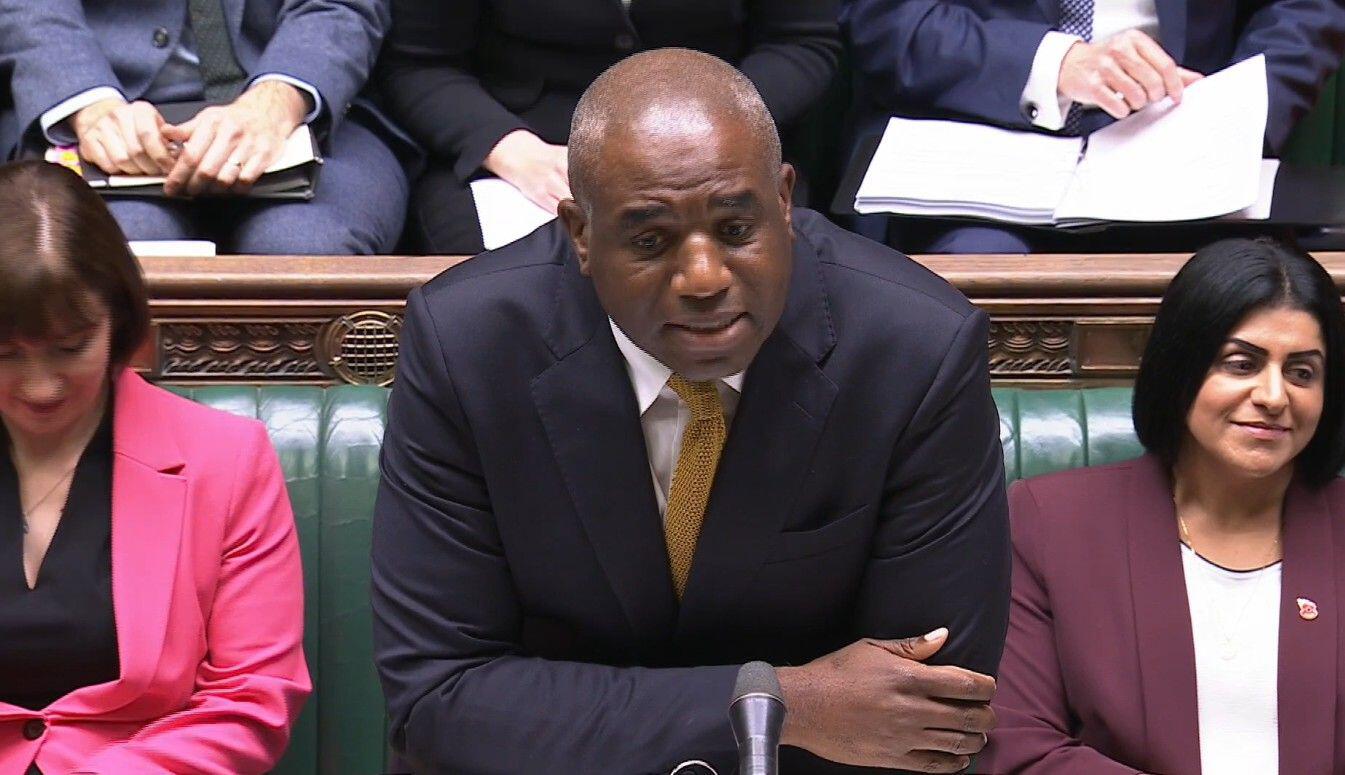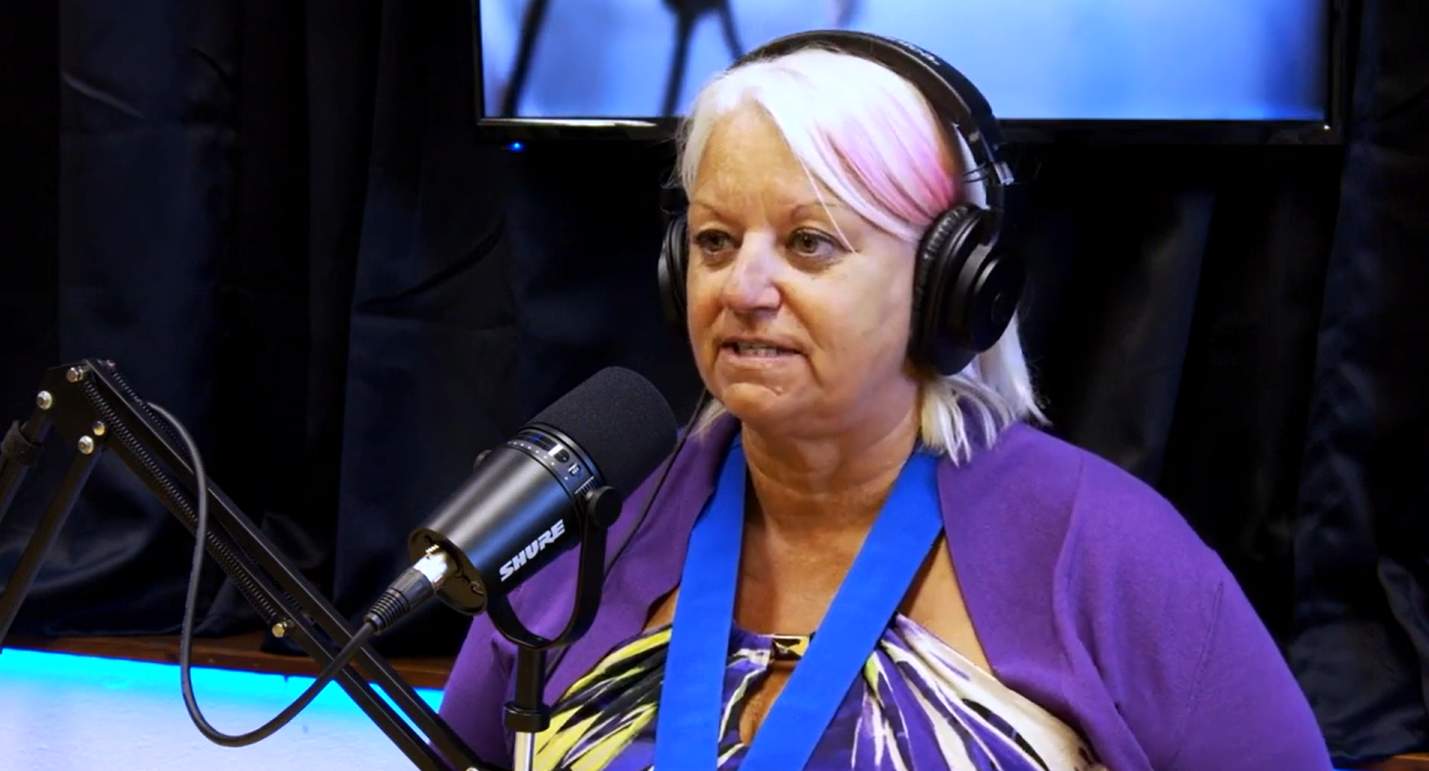
Read our Monthly Magazine
And support our mission to provide fearless stories about and outside the media system
On Wednesday David Lammy said at Prime Minister’s Questions that the Scottish National Party was a threat to the UK’s national security, in what amounts to a drastic escalation of Labour’s anti-independence rhetoric.
To be clear he – and in fact, two other cabinet ministers before him – didn’t just say that SNP policies risked national security, which would have been a normal part of the cut and thrust of political debate. He said that the SNP Government in Scotland – a Government elected in 2021 by Scottish voters – was, itself, a threat.
This all started on Monday, when the Scottish Conservative MP John Lamont asked at Defence questions if the Defence Secretary, John Healy agreed “that Scottish independence would be a gift to Britain’s enemies and would put at risk the hard work of our armed forces in keeping us safe at home?”
Healy didn’t only agree, but went further, declaring that “the continuation of the Scottish Nationalist Government in Scotland is a threat to our security”.
Later, he refused to use the same language about the Chinese Government.
On Wednesday morning, the Secretary of State for Scotland, Douglas Alexander, was asked at Scottish Questions if he agreed with this assessment. He said that he did, giving an additional reason, alongside its support for independence.
“Scottish businesses,” he said, meaning global arms manufacturers with factories in Scotland, were “deeply perplexed by the [first minister’s] statement in relation to the Middle East and Gaza”.
The statement he was referring to was the Scottish Government’s decision to stop subsidising companies selling weapons to Israel.
Adding in the SNP’s opposition to nuclear weapons, he said “I find myself as usual in agreement with the Defence Secretary.”
At Prime Minister’s Questions on Wednesday afternoon, the SNP MP Pete Wishart asked the Deputy Prime Minister David Lammy (who was filling in while Starmer is away) whether he agreed.
Lammy – bizarrely – responded by saying that a DNA test had told him he is 5% Scot, and that “the people of Scotland are not a threat to national security, it’s the SNP, and their desire to get rid of the nuclear deterrent, that’s the threat to national security”.
So, across three days, three Labour cabinet ministers agreed that Scotland’s SNP Government is a threat to national security, giving between them three reasons: its desire for Scottish independence (implicitly, when Healy agreed with Lamont’s original question); its eventual decision to stop subsidising arms companies producing weapons for Israel for use in the genocide in Gaza, and its opposition to nuclear weapons.
This posturing is politically telling. 1.3 million people in Scotland voted for the SNP Government in 2021. If Labour thought it could reach out to sway any of those people in May’s Holyrood election, then it wouldn’t be using a line which these voters see as preposterous. If Labour had an expansive strategy in Scotland, then Douglas Alexander – who will be in charge of overseeing the campaign – would be picking messages to reach out to the roughly half of Scots who support independence. Instead, this messaging appears to be an attempt to shore-up the hardline unionist vote in Scotland, which is currently haemorrhaging to Reform.
And, of course, this doesn’t just cover Scotland. Labour just took a drubbing from Plaid Cymru in the Caerphilly by-election in Wales, with the pro-Welsh independence, anti-nuclear party in poll position to come first in the Welsh elections next year. The Northern Irish Government is led by Sinn Féin, which shares all these positions and which might be a little surprised to discover that nearly 30 years after the Good Friday Agreement, the British Government still implicitly considers them a security threat. The Green Party – soaring in the polls – also holds all three of those positions, and so is also, by inference, a “threat to national security” – something we can assume Labour will say explicitly soon enough.
Perhaps most extraordinary is the attack-line on Gaza. Labour’s MPs in Scotland, as across the UK, have had a shoddy time on doorsteps across the country defending the Government’s decision to continue to allow weapons to be exported to Israel. When I spoke to my own MP about it while he was canvassing our street, he even tried to deny that this was happening. For the Government to try to turn this into an attack line on the SNP – because John Swinney’s mild-mannered opposition to subsidising multinational corporations who are arming a genocidal regime has upset those corporations – is an extraordinary piece of political positioning, enthusiastically embracing its place as the pro-genocide party.
ENJOYING THIS ARTICLE? HELP US TO PRODUCE MORE
Receive the monthly Byline Times newspaper and help to support fearless, independent journalism that breaks stories, shapes the agenda and holds power to account.
We’re not funded by a billionaire oligarch or an offshore hedge-fund. We rely on our readers to fund our journalism. If you like what we do, please subscribe.
But beyond the immediate political ramifications, this is a deeply worrying moment. The movement for Scottish independence – and for Welsh independence – has always been peaceful and democratic. Of course, in one sense, it can be framed as representing a threat to the British state – it seeks to radically reduce its territory, population and resources. The entire storyline of the popular Netflix drama The Diplomat is built around the idea that Scottish independence – and Britain losing the Faslane nuclear weapons base in particular – is a security threat.
But it’s also true that a clear majority of Scots under the age of 50 are in favour of independence. Large minorities of Welsh and Northern Irish voters are in favour of leaving the UK. These millions of people do not believe that breaking up Britain is a threat to the safety and security of our families. Indeed, many of us believe that finally pulling the plug on the last life support machine of the British empire would help produce a safer world.
The British state can either treat this situation as a democratic challenge: an argument to be won, or, it can securitise it: attempt to use its power, as a state, to shut it down.
After all, if the Defence Secretary, Scottish Secretary and Deputy Prime Minister have all said in Parliament that an entity is a threat to national security, then how are the security services supposed to respond to that?
In the British state, “national security” is not something voters get much say in. In almost every other democracy, parliamentarians have a right to access intelligence, and hold intelligence services accountable. In Britain, these things are governed by royal prerogative, and so accountable only to the cabinet.
These statements are an important reminder that when the agents of that system talk about “national security,” they don’t mean the safety of you or me, and they don’t really care about our opinions about our safety. What they mean is that the SNP Government – and implicitly Plaid Cymru, Sinn Fein and the Greens – are a threat to the global power of the British state – to the greatness that Government ministers feel when they scuttle across the world stage, as sidekicks to Trump. Which, of course, is one reason why increasing numbers of voters are supporting those parties instead.

